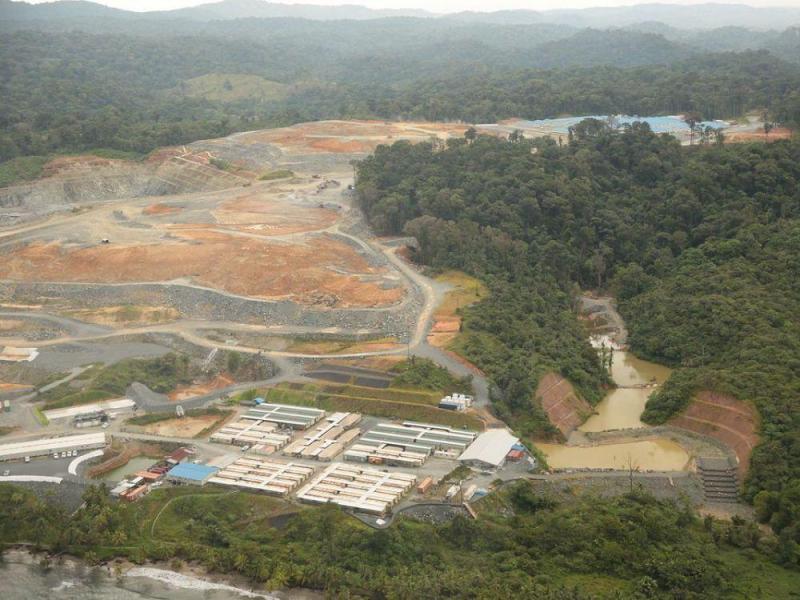Latin American growth influx of “human virus” will affect 1700 other species in next 50 years.
- By : Panama Now
- Category : Environmental

by James “JB” Bryson
“Human Virus” is a quote attributed to me, NOT the attached article. As most human beings are simply useless space heaters that give off carbon dioxide, reduce natural resources, and end up doing NOTHING for the planet as a whole. Sorry people,,,,Moody Monday but it is true.
____________________________________________________________________________________________________
Human activity, mainly the increase in land use, will reduce the natural habitats of around 1,700 species of amphibians, birds and mammals by 2070 and will therefore increase its risk of extinction, a study published Monday Nature Climate Change .
Prepared by ecologists from Yale University, in the USA, the study concludes that, in a scenario of “moderate changes” in the human use of land, within 50 years some 1,700 animal species will have lost between 30 and 50% of their current habitats.
The reduction of habitats will lead to high increases in the extinction risks of these 1,700 species, including 886 amphibians, 436 birds and 376 mammals.
Among the species that will lose half of their current geographic range during the next five decades, the study mentions the Lombok frog (Indonesia), the Nile lechwe (South Sudan), the clear-browed ticot (Brazil) and the straw Curved peak (Argentina, Brazil and Uruguay).
Beyond these particular cases, the species that live in Central and Eastern Africa, Mesoamerica, South America and Southeast Asia will suffer the greatest loss of habitat and a greater danger of extinction.
To reach these conclusions, the authors of the study combined information on the current geographic distribution of some 19,400 animal species from around the world with the consensus expectations of the scientific community about future developments in global society, demography and economy.
“Our findings link these plausible futures with their implications for biodiversity,” explained Walter Jetz, co-author of the research and professor of ecology, evolutionary biology and forestry and environmental studies at Yale University.
The projections of this study can be consulted on the Map of Life website, a tool to “assess how species can suffer in future specific land use scenarios and help prevent or mitigate these effects “, according to Ryan P. Powers, exbecario of the laboratory of Jetz in Yale.
“While it may seem that the erosion of biodiversity in distant parts of the planet does not directly affect us, its consequences for human livelihood can have global repercussions,” warned Jetz.



No Comments